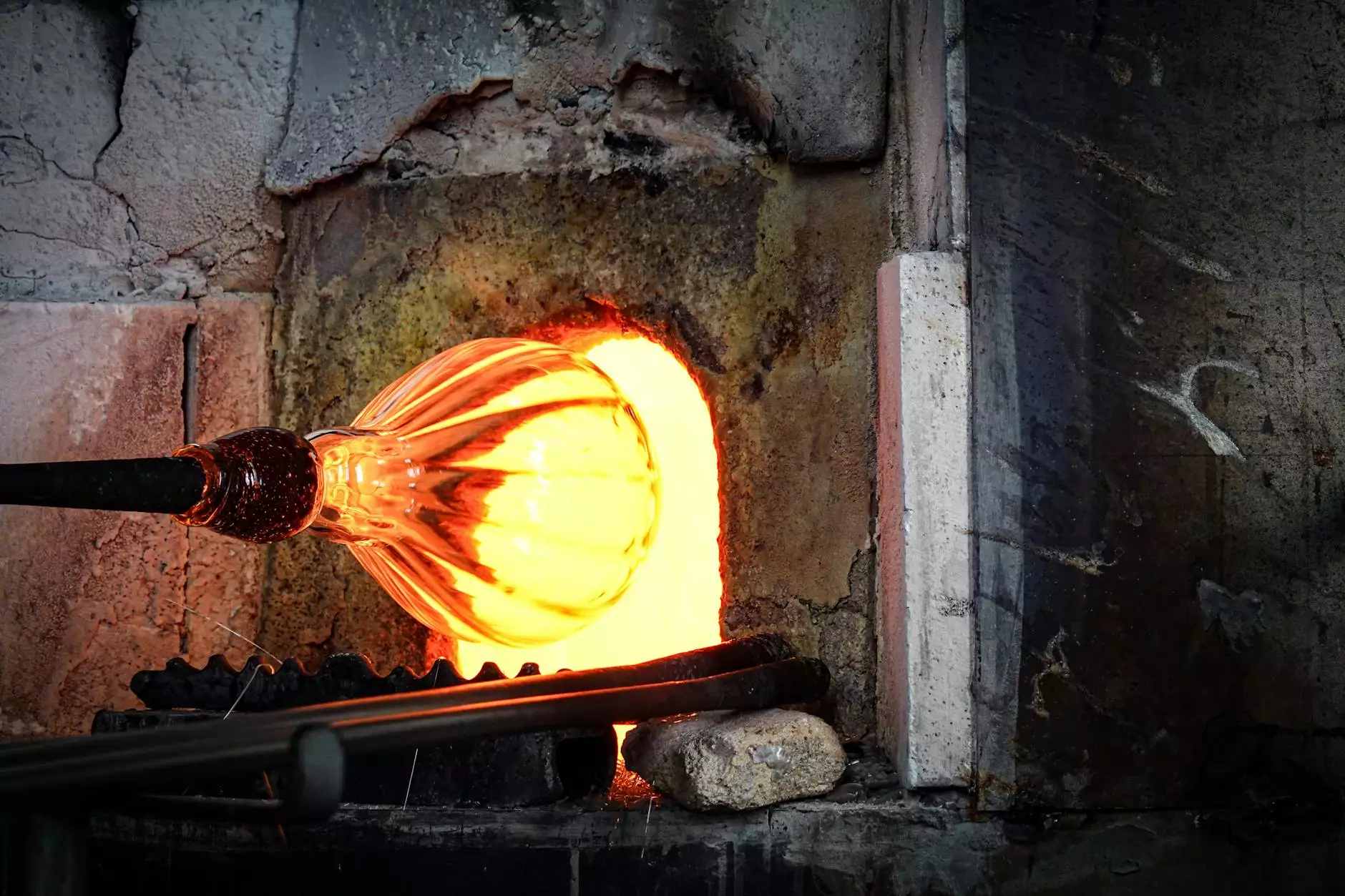Lung Cancer CT Scans: A Comprehensive Guide for Patients and Caregivers

Lung cancer remains one of the most significant health challenges globally, with millions diagnosed every year. Early detection plays a crucial role in improving survival rates. One of the most effective tools for this early detection is the lung cancer CT scan. This article aims to provide a detailed overview of lung cancer CT scans, their procedures, benefits, and importance in the healthcare landscape.
What is a Lung Cancer CT Scan?
A lung cancer CT scan (computed tomography scan) is a type of imaging test that utilizes X-rays to create detailed images of the lungs and surrounding structures. Unlike traditional X-rays, CT scans provide cross-sectional images, allowing doctors to see the lungs in greater detail. This advanced imaging technique plays a pivotal role in diagnosing lung cancer by identifying masses or nodules in the lungs that may indicate cancerous growth.
The Importance of Early Detection
Early detection of lung cancer is vital for improving treatment outcomes. According to research, patients diagnosed with early-stage lung cancer have significantly higher survival rates. By using a lung cancer CT scan, healthcare providers can:
- Identify lung nodules: Detecting small nodules that may indicate early-stage lung cancer.
- Assess the size and shape: Analyzing characteristics of lung masses to determine their potential malignancy.
- Monitor existing conditions: Regular scans may help track changes in lung nodules over time.
Understanding the Procedure of a Lung Cancer CT Scan
Undergoing a lung cancer CT scan is a straightforward and quick process. Here’s what you can expect during the procedure:
1. Preparation
Before the scan, you may be asked to:
- Avoid eating or drinking for a few hours.
- Remove any metal objects such as jewelry, glasses, or dentures that could interfere with imaging.
- Wear a hospital gown instead of your clothes.
2. The Scan Itself
During the scan:
- You will lie on a movable table that slides into a large, tunnel-like machine.
- It is crucial to remain still while the images are being taken. Breathing instructions will be given to minimize movement.
- The scan typically lasts between 10 and 30 minutes, depending on the protocols of the imaging facility.
3. Post-Scan Process
After the scan, you can usually resume your normal activities immediately. A radiologist will analyze the images and send a report to your doctor, who will discuss the results with you.
Benefits of Lung Cancer CT Scans
Lung cancer CT scans offer numerous advantages:
- Enhanced Detection: They can detect very small lung cancers that may not be visible on chest X-rays.
- Assessment: Provide vital information about the size and location of lung tumors.
- Guidance for Treatment: Results can help oncologists formulate effective treatment plans, including surgery, radiation, or chemotherapy.
- Monitoring Progress: Regular scans can monitor existing lung nodules for any changes, allowing for timely intervention if needed.
Risks and Considerations
While lung cancer CT scans are generally safe, there are some risks and considerations, including:
- Radiation Exposure: CT scans involve exposure to radiation, although the risk is typically low compared to the benefits of early cancer detection.
- False Positives: Some nodules detected may be benign, leading to unnecessary anxiety and additional tests.
- Contrast Allergies: In some cases, a contrast material may be used, which can cause allergic reactions in some individuals.
Who Should Consider a Lung Cancer CT Scan?
The following groups may benefit from a lung cancer CT scan:
- High-Risk Individuals: Those aged 50-80 with a significant smoking history or a family history of lung cancer.
- Symptomatic Patients: Patients presenting with symptoms such as persistent cough, unexplained weight loss, or chest pain.
- Previous Cancer Survivors: Individuals who have a history of lung cancer or other cancers that may spread to the lungs.
The Role of Hello Physio in Lung Cancer Screening
At Hello Physio, we understand the significance of early cancer detection and the role imaging plays in comprehensive healthcare. Our team of professionals is committed to providing:
- Expert Consultation: Detailed assessments and personalized recommendations based on your health history.
- State-of-the-Art Imaging: Access to advanced CT imaging technology for accurate diagnoses.
- Ongoing Support: Coordinating care with specialists to ensure you receive the best possible treatment options.
Conclusion
The lung cancer CT scan is a vital diagnostic tool that significantly contributes to early detection and treatment of lung cancer. By understanding the procedure, benefits, and potential risks, patients and caregivers can make informed decisions regarding lung health. With specialized services available at Hello Physio, we aim to support our community in navigating their health journeys effectively. If you or a loved one is concerned about lung health, consider discussing lung cancer CT scans with your healthcare provider today.









